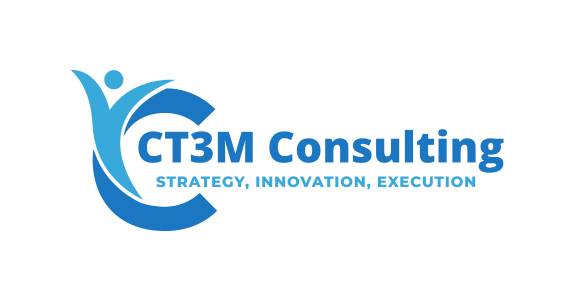

Let’s Start A Conversation
303.593.2070

Starting a business brings many responsibilities from financing to turnover. Each of the stages needs attention. However, financing a start-up has become easier, especially equipment financing in launching a start-up. However, there are pros and cons. With equipment financing, new equipment can be used to generate income. With these earnings, the loan can be repaid monthly at a specific rate of interest.
The interest rates can differ from 8% to 30% depending on the overall value of the equipment. Also, this type of loan has a simple approval process, and the loan amount can be available in as little as 2 days. Typically, a start-up business that is looking for equipment financing must have a 600+ credit score to get a competitive rate of interest. Additionally, the company must be active and running for a specific period and have a turnover above a minimum threshold. It is always advisable to do some homework before applying for an equipment loan, as the figures will vary. Also, it is essential to keep all documents updated when they are to be submitted. All documents related to bank statements, credit history, equipment quotes, and others must be ready.
Start-ups seek equipment loans for assorted reasons. However, it is essential to know what kind of loan will be approved. One of the reasons can be to replace old equipment that has stopped working. Another reason for seeking this kind of loan can be to expand business operations. Also, the equipment required will need to be capable of increased production. It is important to be specific about this, before applying, because the lender will want to know the requirements.
With equipment leasing, records of upgraded resources can be conveniently kept. It also brings benefits of servicing and tax efficiency and the ability to effectively manage cash flow. Equipment leasing is divided into two categories: operating leases and finance leases. Both provide a wide array of timeframes and levels of obligation, which depend on the requirement. With an Equipment Financing Agreement (EFA), regular payments are made in installments for the equipment until it is eventually owned. It differs from equipment leasing in that it will be visible on the balance sheet from the outset. Therefore, to own the asset or its value for the long term, an EFA can be a good option.
Unlike traditional business loans, equipment finance is provided for a specific purpose and can be quite profitable for a wide range of businesses. However, it is significant to understand the type of finance you intend to take for your business, considering all the relevant requirements.
